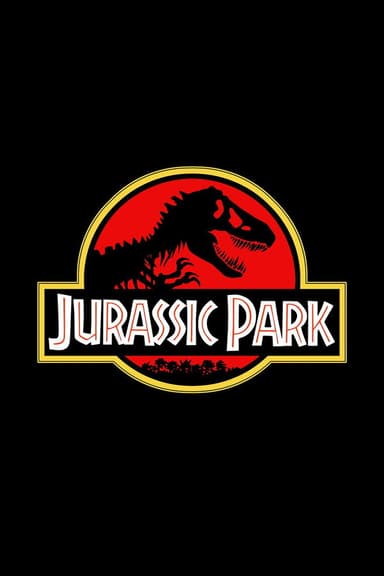
The Hitch Hikers Guide to the Galaxy
1981 • Adventure, Comedy, Science Fiction
An Earth Man and his alien friend escape an exploding Earth, and set forth on an odd adventure across the universe with a known fugitive.
Runtime: 3h 19m
Why you should read the novel
The original novel, 'The Hitchhiker's Guide to the Galaxy,' immerses readers in Douglas Adams’ distinctive wit, satirical insights, and boundless imagination—elements often diluted in screen adaptations. The book’s narrative brilliance goes much deeper than its visual representations could, offering layers of clever commentary and linguistic playfulness that only prose can convey. Adams’ unique style shapes a reading experience that’s unpredictable, intelligent, and riotously funny, luring you back to the text long after you turn the final page.
Reading the novel also unveils more depth to the characters, especially the peculiar charm of Arthur Dent, the wild wisdom of Ford Prefect, and the heartbreakingly hilarious Marvin. Their inner thoughts and quirks are richly drawn, with subtleties that the film sometimes omits or condenses for runtime. Adams orchestrates absurd events and cosmic calamities with a pace and cleverness that rewards attentive readers with new jokes and ideas upon each revisit.
Choosing the book over the movie opens up Adams’ whole interconnected universe, as the story is just the beginning of a much broader saga. You’ll discover not only the origins of iconic phrases like “Don’t Panic” and why a towel is essential, but also the philosophical musings and playful inventions that shaped the landscape of science fiction comedy for generations. Dive into the book to experience the full range of Adams’ brilliance, unfiltered and unlimited by television constraints.
Adaptation differences
One of the most notable differences between the 1981 TV adaptation and the book is how much of the book’s narrative is condensed or altered for the screen. The show had to streamline complex sequences and some philosophical digressions, resulting in the omission of certain events and a more straightforward plot. Many of the book’s wittier, longer asides by the Guide itself are shortened or left out, losing some of the novel’s uniquely whimsical charm.
The adaptation also shifts or compresses some character development and relationships to fit the television format. For example, the deep friendship and odd chemistry between Arthur Dent and Ford Prefect is explored in richer detail in the book. The show, bound by runtime constraints, sometimes rushes through key scenes between Zaphod, Trillian, and Marvin, where the subtleties of their personalities and motivations are much more intricately woven in the text.
Additionally, the TV series is notable for visual and stylistic choices that, while inventive, interpret Adams’ world differently from many readers’ imaginations. The effects and set designs have a charmingly low-budget quality, reflecting early 1980s BBC limitations, which shape the tone and pacing differently from the mental images painted by the novel. This can shift the comedic timing and surreal atmosphere in ways that don’t always align with readers’ expectations.
Finally, the adaptation stops at a point in the storyline that leaves out further developments found in the book and its sequels. Key jokes, plot twists, and philosophical punchlines present in the source material are either condensed or omitted. As a result, newcomers to the story through the TV show miss out on the depth and resonance of Adams’ cosmic vision—a dimension fully experienced only by reading the original.
The Hitch Hikers Guide to the Galaxy inspired from
The Hitchhiker's Guide to the Galaxy
by Douglas Adams







